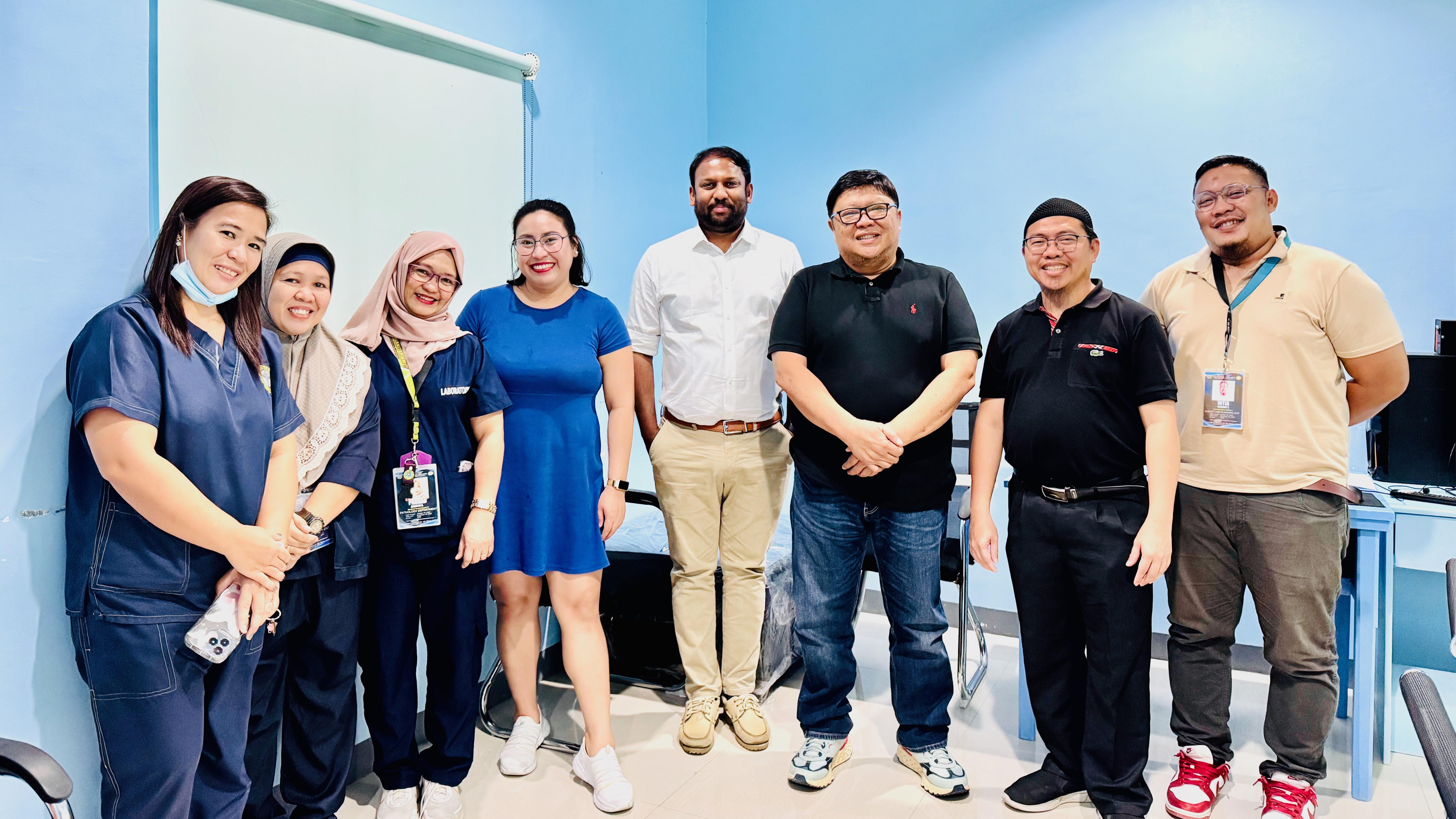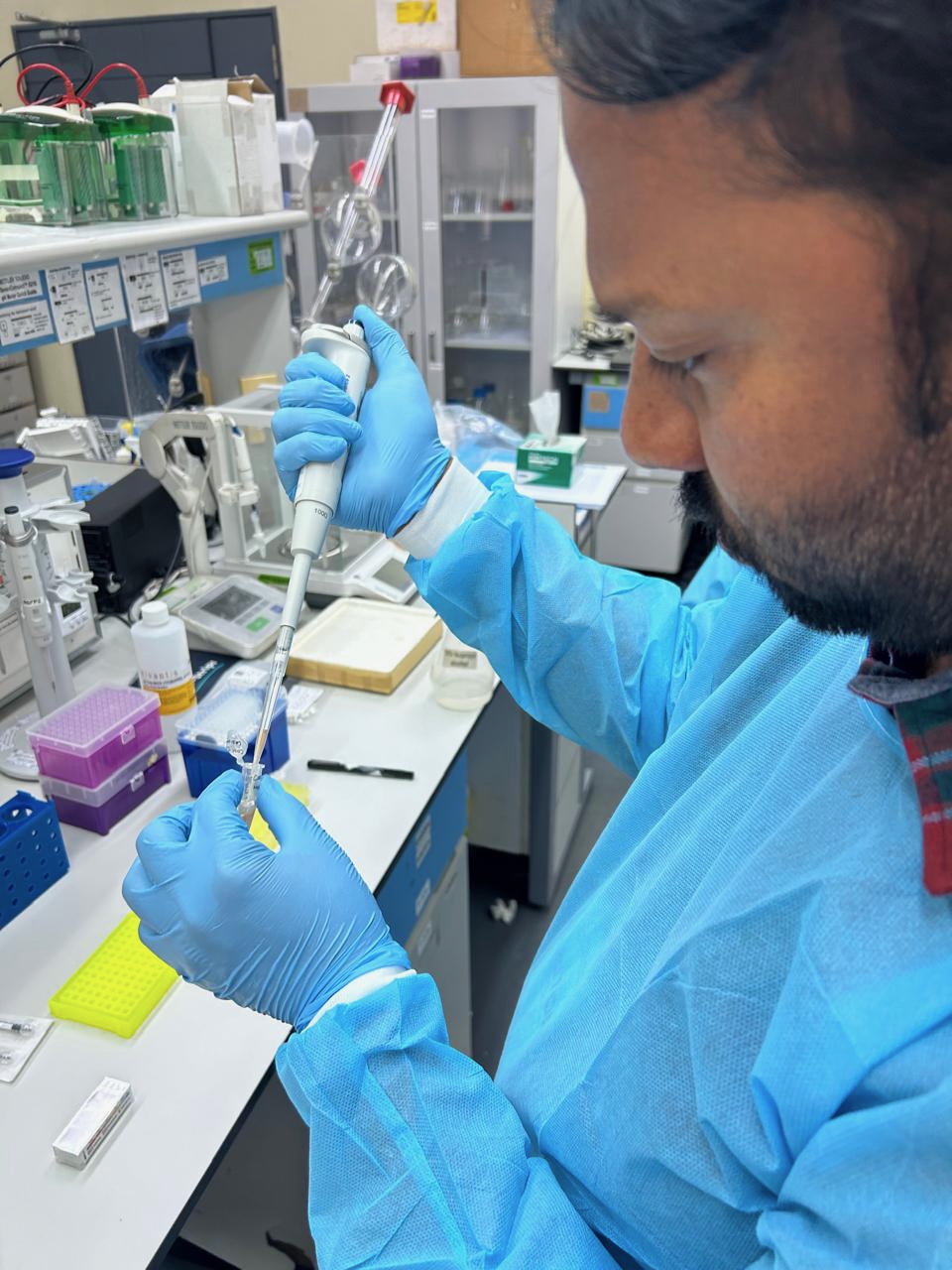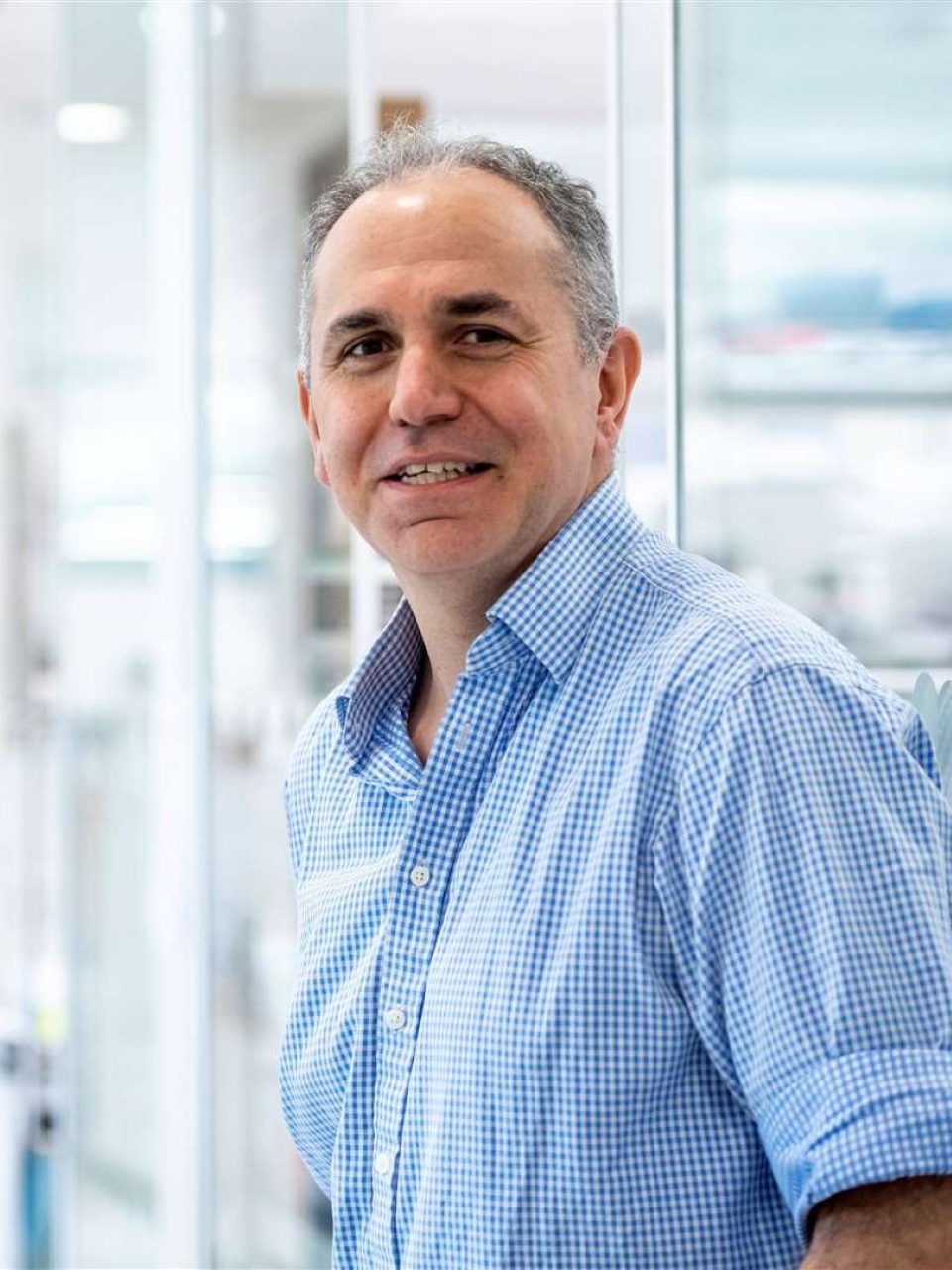
Submitted by Yan Pan on Wed, 25/06/2025 - 11:05
Led by the University of Cambridge, the new initiative aims to develop point-of-care DNA sequencing for rapid detection of antimicrobial resistance (AMR) in leprosy across regional hospitals in the Philippines.
Leprosy is a chronic infectious disease caused by the bacterium Mycobacterium leprae (M. leprae). It primarily affects the skin and peripheral nerves, leading to disfiguring lesions and, if untreated, permanent disabilities.
Despite global efforts, leprosy remains a significant health challenge especially in tropical regions, with approximately 175,000 new cases reported worldwide in 2022. The Philippines alone accounts for nearly 2,000 new cases annually.
Standard treatment for leprosy involves a multidrug regimen including dapsone, rifampicin, and clofazimine. However, M. leprae has developed resistance to some of these drugs, making it harder and longer to treat leprosy. Since the bacterium cannot be cultured in the lab, detecting antimicrobial resistance relies on genome sequencing directly from patient samples, which traditionally requires centralised laboratories and often takes weeks to deliver results.
Led by Professor Andres Floto and Dr Sundeep Chaitanya Vedithi from the Department of Medicine at Cambridge, the project aims to overcome these barriers by bringing advanced molecular diagnostics and DNA sequencing technologies to the front lines of healthcare in resource-limited settings, starting with the Philippines.
The initiative, in collaboration with the Science and Technology Facilities Council (STFC), will implement rapid, field-compatible diagnostic tools including Biomeme qPCR and MinION-based sequencing in regional hospitals in the Philippines. The team is also developing AI-powered computational pipelines to analyse sequencing data, identify resistance-conferring mutations, and predict their effects on drug binding and protein function.
Working with 11 peripheral sites across the Philippines, including the University of the Philippines and the Philippine General Hospital, the project also focuses on building local technical capacity. Healthcare staff will receive training to perform on-site sequencing, detect genetic mutations linked to resistance, and interpret their clinical significance using the bioinformatics workflow. This will reduce the current waiting time for results from weeks to the same day, enabling timely diagnosis and management.
|
|
This project is funded under the UKRI Southeast Asia Collaboration on Infectious Diseases programme through the International Science Partnership Fund, which supports partnerships between UK researchers and researchers in Southeast Asia working in collaboration on diseases with epidemic and AMR potential.
The text in this work is licensed under a Creative Commons Attribution-NonCommercial-ShareAlike 4.0 International License. Images, including our videos, are Copyright ©University of Cambridge and licensors/contributors as identified. All rights reserved. We make our image and video content available in a number of ways that permit your use and sharing of our content under their respective Terms.



